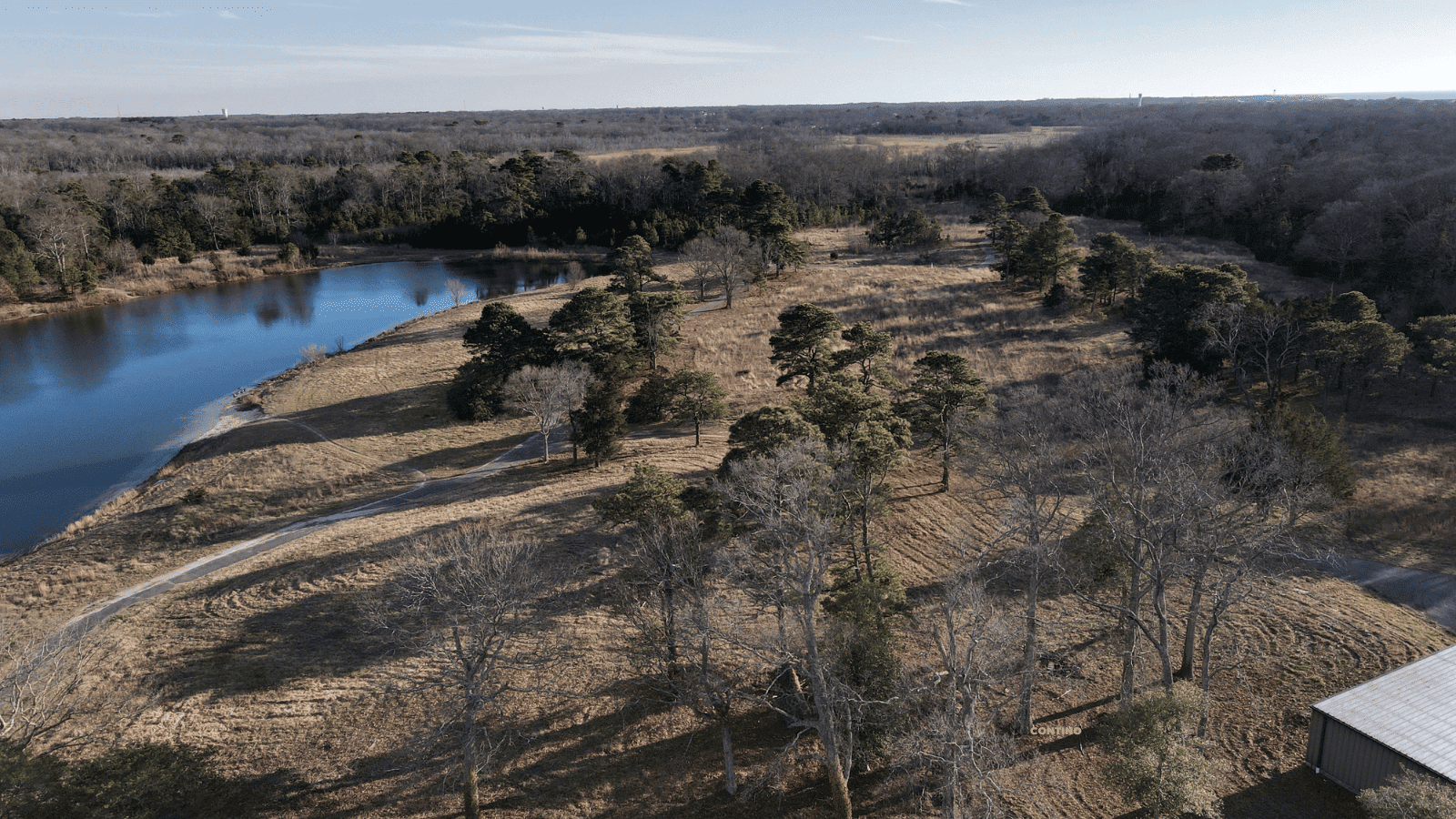New Jersey’s Lost Golf Course – Ponderlodge
The Christian Schmidt Brewing Company, a renowned brewery steeped in history, traces its origins back to the mid-19th century.
In 1860, Christian Schmidt, an immigrant from Germany, established the brewery in the city known as the “city of brotherly love,” Philadelphia.
Christian Schmidt entered the brewing scene during Philadelphia’s thriving brewing era and swiftly earned recognition for crafting exceptional beers of unparalleled quality.

New Jersey’s Lost Golf Course – Ponderlodge
Over the years, the brewery flourished, expanding its production capabilities and distribution network.
By the close of the 19th century, the Christian Schmidt Brewing Company had emerged as one of the city’s largest and most esteemed breweries, celebrated for its flagship brand, Schmidt’s Beer.
Throughout the early to mid-20th century, the Christian Schmidt Brewing Company encountered both triumphs and obstacles. Despite the challenges posed by Prohibition, the brewery managed to endure by transitioning its production to non-alcoholic beverages and other offerings.
Also See: South Jersey’s Ship Graveyard
 Following the repeal of Prohibition in 1933, the brewery resumed its beer production and swiftly regained its prominent status within the industry.
Following the repeal of Prohibition in 1933, the brewery resumed its beer production and swiftly regained its prominent status within the industry.
In 1976, the acquisition of Schmidts by ‘Billy’ Pflaumer marked a turning point for the company, propelling it to new heights.
Under Billy’s leadership, the historic brand blossomed into the ninth-largest brewery in the United States.
Driven by his entrepreneurial spirit, Billy envisioned a golf course near the shore as part of the company’s success story. Consequently, in 1976, he acquired a vast expanse of 253 acres in the Villas and transformed it into a private 9-hole course.
Although the golf course was officially named “Ponderlodge,” locals affectionately referred to it as Beerworld, a testament to the brand’s strong association with the area.

The building boasted a well-appointed bar, a lively game room, and a pool adorned with the iconic Schmidts logo at its center.
Billy’s trajectory of success took a downturn in the 1980s when he became embroiled in a false billing scheme. This scheme resulted in his evasion of paying $125,000 in excise taxes across three states.
In 1986, facing the consequences of his actions and unsuccessful appeals, Billy made the decision to sell the brewery to a Wisconsin-based company. Shortly after, he began serving a three-year sentence.

The following year, in 1987, the company encountered a severe financial crisis and had no choice but to file for bankruptcy. Despite various endeavors to revive the brand, such as collaborations with other breweries and attempts to introduce new beer varieties, the company struggled to regain its previous level of success.
Despite the challenges faced by the company, Beerworld, the beloved golf course, continued to operate. In fact, in 1991, it even expanded to become an 18-hole course. To support the project, the course opened its doors to the public, providing a means to fund its growth and development.

In the early 2000s, the golf course faced financial difficulties and ultimately filed for bankruptcy, leading to its closure.
Subsequently, numerous proposals were put forth for the land’s utilization, including the potential development of a housing project. However, in 2006, the State of New Jersey intervened and made the decision to acquire the property.
In February of that year, New Jersey’s Green Acres Program stepped in and purchased the “Ponderlodge” for an amount of $8.45 million.

Over the years the state removed all the buildings and started planting trees.
Today this area is now known as Cox Hall Creek Wildlife Management Area. Visitors to Cox Hall Creek Wildlife Management Area can engage in activities such as birdwatching, wildlife observation, hiking, and photography.
It’s been over 20 years since the golf course closed its doors for good so the Wildwood Video Archive wanted to explore the area to see what it looks like after mother nature takes over.
Below is a tour video of the property with some of the history.
Before you watch please subscribe to our Youtube Channel as we are trying to reach 100,000 subscribers by Labor Day.
